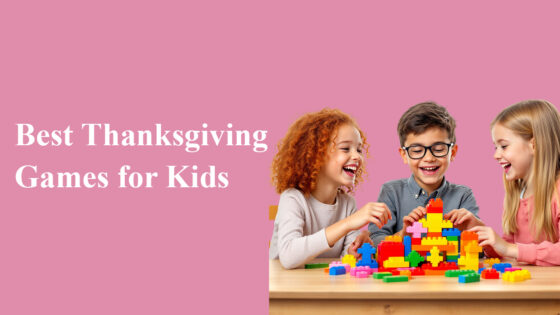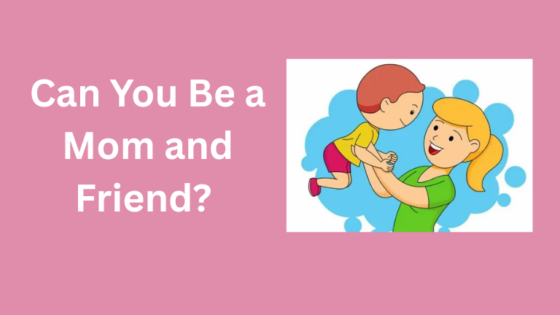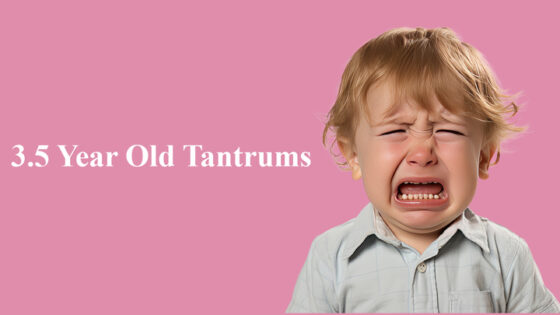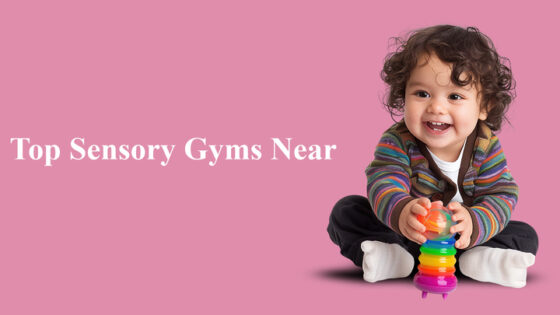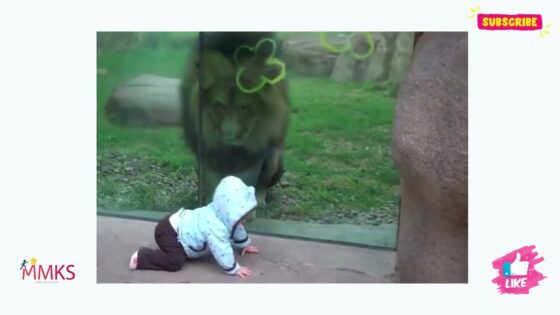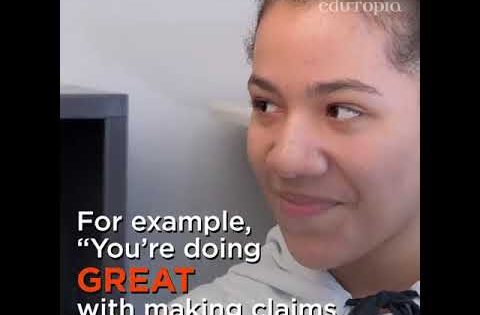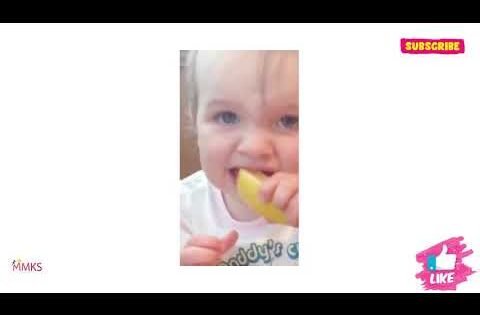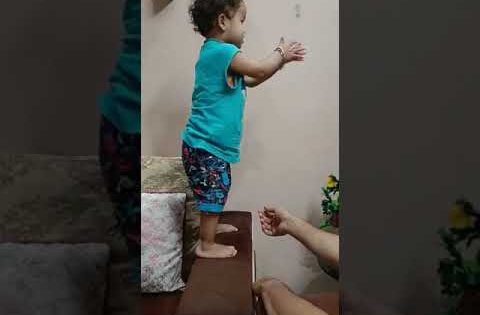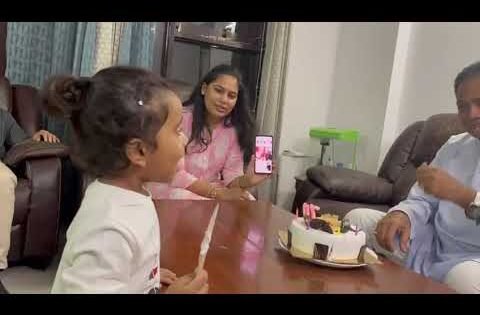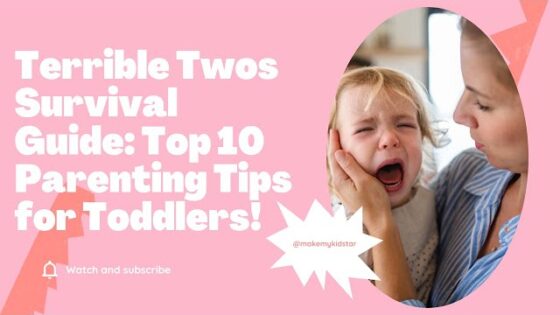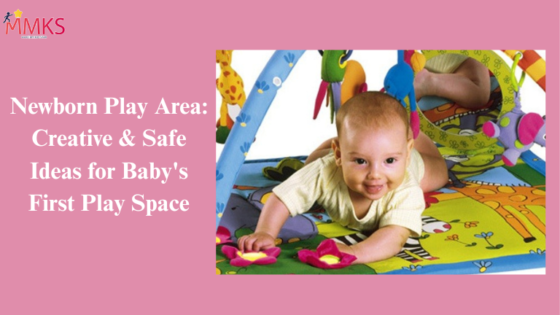Parenting a child with ADHD presents unique challenges. While medication is valuable, there are effective non-medical strategies to support your child’s development. By implementing practical methods and fostering a nurturing environment, parents can empower their child to thrive.
Here are some tips for navigating parenting with ADHD.
Understanding ADHD:
ADHD, or Attention-Deficit/Hyperactivity Disorder, is a condition that significantly affects a person’s ability to focus, control impulses, and manage energy levels. It’s crucial to recognize that ADHD goes beyond mere hyperactivity or distractibility; rather, it involves complex differences in how the brain develops and functions.
Types of ADHD:
There are three main subtypes of ADHD:
- Predominantly Inattentive Presentation: Children with this type struggle primarily with attention and organization. They may seem forgetful, easily distracted, and have difficulty following instructions or completing tasks.
- Predominantly Hyperactive-Impulsive Presentation: This type is characterized by hyperactivity and impulsivity. Parenting tips for managing this include understanding that children may fidget, squirm, interrupt others, or struggle to wait their turn. They might seem constantly “on the go” and have trouble sitting still.
- Combined Presentation: This subtype combines symptoms of both inattention and hyperactivity-impulsivity.
Challenges Faced by Children with ADHD:
- Difficulty with Focus and Concentration: Children with ADHD often find it challenging to concentrate on tasks, leading to academic struggles and difficulty completing assignments.
- Impulsivity and Hyperactivity: They might act before thinking, interrupt conversations, or have trouble staying seated. This impulsivity can lead to social difficulties and conflicts with peers.
- Emotional Regulation: Managing emotions can be tough for children with ADHD, leading to frequent mood swings and outbursts.
Impact on Daily Life:
ADHD symptoms can impact multiple facets of a child’s life, such as academics, social interactions, and self-esteem. Consequently, they may encounter criticism for behaviors beyond their complete control, resulting in feelings of frustration and diminished self-worth.
Holistic Strategies for Parenting a Child with ADHD
Helping a child with ADHD involves a mix of practical approaches that go beyond just medication. Here are some tips that can make a real difference:
- Establish a Regular Routine: By creating a daily routine with designated times for meals, homework, play, and bedtime, parents can witness significant improvements. Additionally, incorporating visual aids like schedules and charts makes it easier for children to follow along and adhere to the routine.
- Clear Communication Matters: Keep instructions simple and to the point. Break tasks into smaller steps, and when they manage these, give them a pat on the back. It boosts their confidence.
- Encourage Physical Activity: Let them burn off that extra energy! Physical Activities like sports, dancing, or biking can help them focus better and regulate their mood.
- Healthy Eating Counts: While diet doesn’t cause ADHD, it can affect how symptoms show up. Healthy meals, such as a balanced diet with lots of fruits, veggies, and whole grains, is a good idea. Minimize processed foods and sugary stuff for better mood control.
- Patience and Understanding: Kids with ADHD might act impulsively or forget things. However, being patient and empathetic helps a lot because these behaviors aren’t always in their control.
- Break Tasks Down: Big tasks overwhelm them; however, breaking them into smaller, manageable steps helps them concentrate better without getting frustrated.
- Use Tech Wisely: Tools like timers or apps can assist in keeping them organized and on track. It’s like having a personal assistant for getting things done.
- Create a Supportive Environment: Make home a safe space where they can freely talk about their feelings and challenges. It boosts their confidence.
- Teach Coping Skills: Techniques like breathing exercises or mindfulness help them handle their emotions and impulses better.
- Team Up with Teachers: To facilitate effective collaboration, it is essential for parents to keep communication lines open with their teachers. Additionally, by working together, both at home and in school, they can create and implement strategies that support the child’s development.
- Celebrate Little Wins: Every small achievement matters. It boosts their self-esteem and keeps them motivated.
- Watch Screen Time: Too much screen time isn’t great for ADHD symptoms. Set limits and encourage more interactive activities.
- Lead by Example: Kids pick up habits by watching. Show them good habits like organization and self-care.
- Seek Support for Yourself: Parenting a child with ADHD isn’t always easy. Connecting with other parents or seeking counseling can be a big help. Your mental health is crucial too.
Diagnosis and Treatment:
ADHD diagnosis involves thorough evaluations. While medication helps manage symptoms, it’s not a universal solution. Behavioral therapies, school accommodations, and parental support are crucial for effective treatment.
Remember, each child with ADHD is unique, and what works for one may not work for another. It’s essential to be patient, adaptable, and willing to try different strategies to find what best supports your child. Combined with professional guidance and a supportive environment, these practical tips can significantly improve the well-being and success of your child with ADHD.
Conclusion
Medication is part of managing ADHD, but practical strategies and a supportive environment are equally vital for a child’s thriving. With understanding, patience, and consistent support, parents can profoundly impact their child’s ability to navigate ADHD challenges effectively.



